
The productivity app for ADHD with unlimited AI accountability. On a mission to help people live intentionally, and minimize time regretted. Try for FREE 👇
How to get URL link on X (Twitter) App

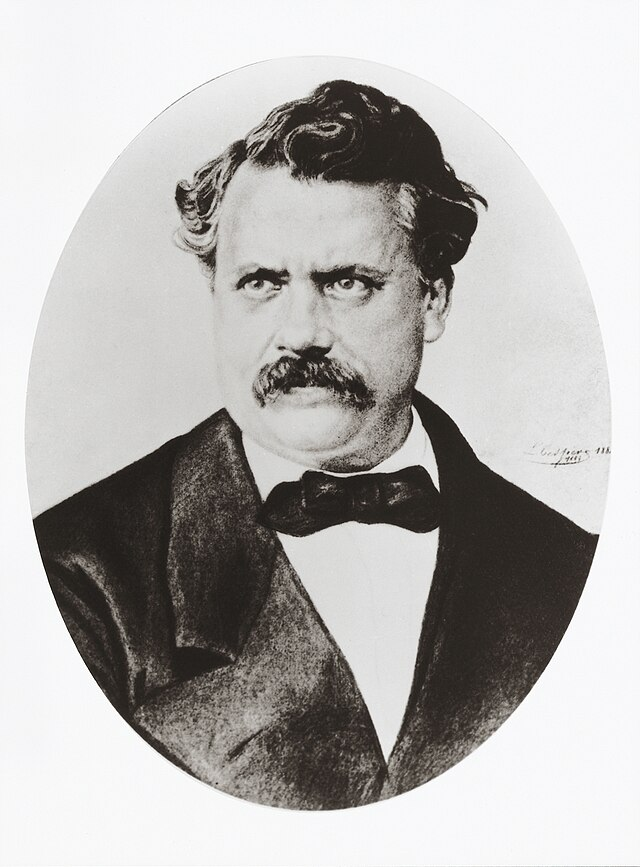
 Meet Louis Vuitton
Meet Louis Vuitton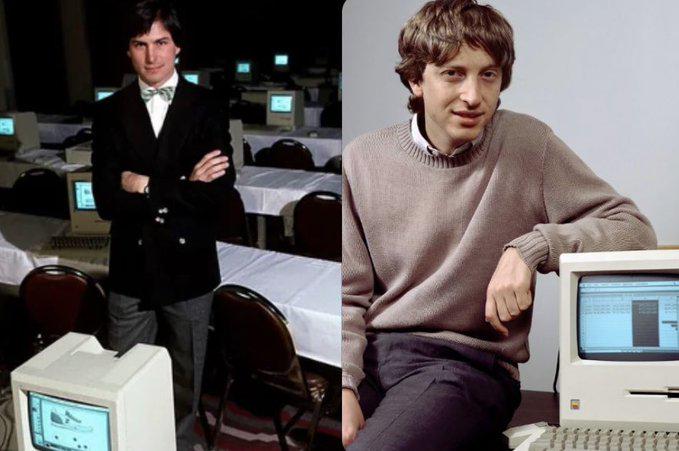
 1979: Steve Jobs and Apple engineers visit Xerox PARC research lab.
1979: Steve Jobs and Apple engineers visit Xerox PARC research lab.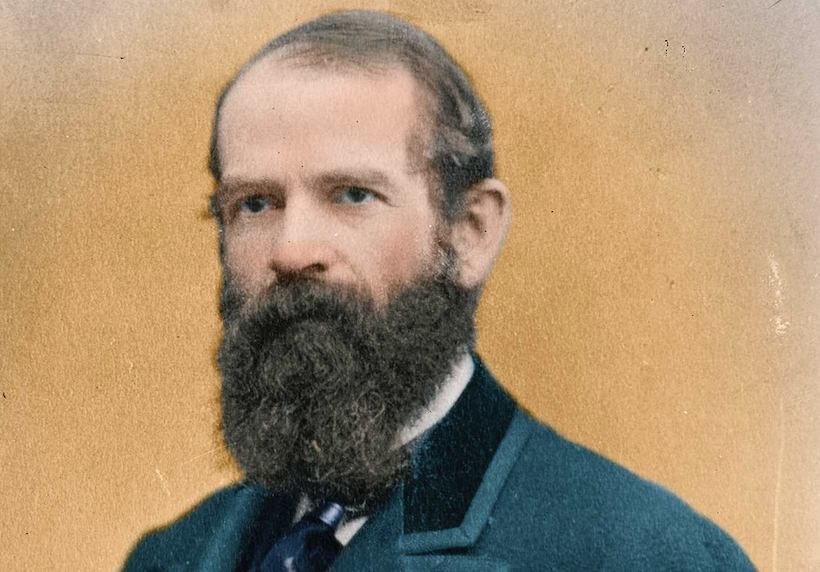
 Jay Gould wasn't born rich.
Jay Gould wasn't born rich.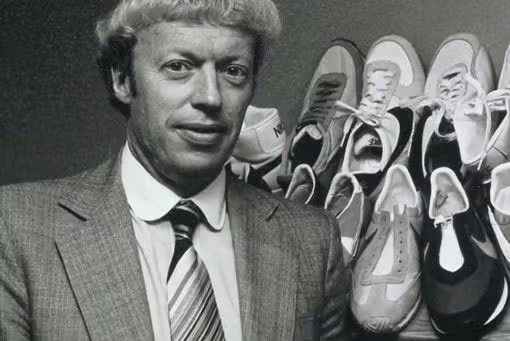
 Since university, Phil Knight had an interest in running.
Since university, Phil Knight had an interest in running.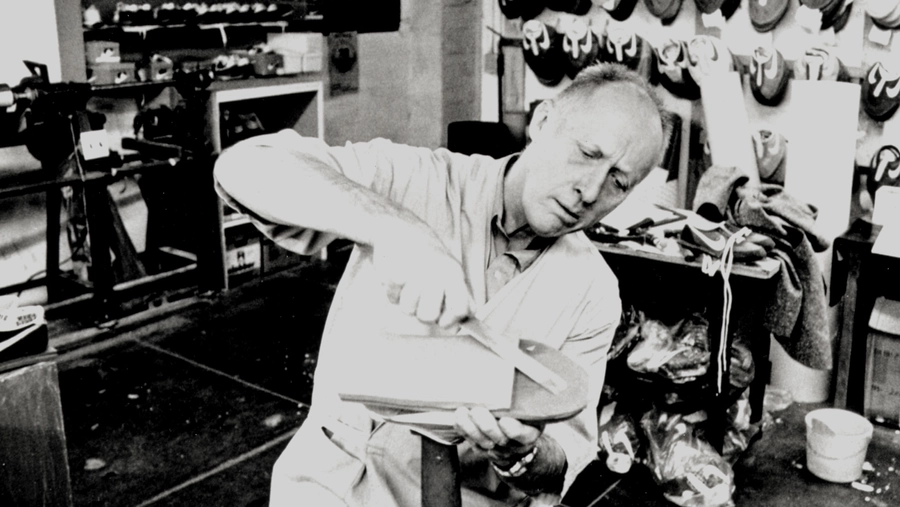

 1923 wasn’t an easy year for Japan.
1923 wasn’t an easy year for Japan.


 1. Your brain can't actually multitask.
1. Your brain can't actually multitask.
 Ford's assembly line workers were burning out at catastrophic rates.
Ford's assembly line workers were burning out at catastrophic rates.
 Carnegie always seized opportunities lighting fast.
Carnegie always seized opportunities lighting fast.